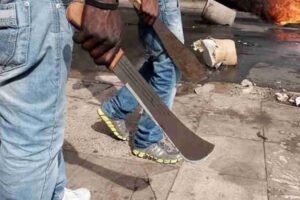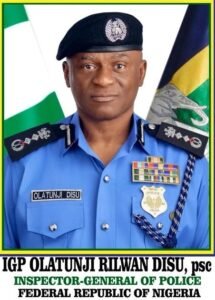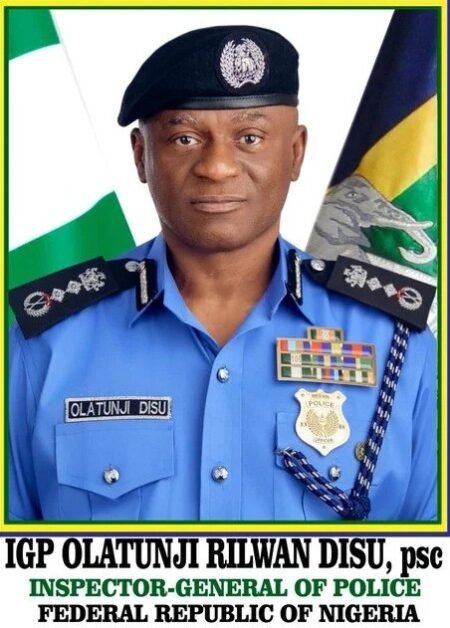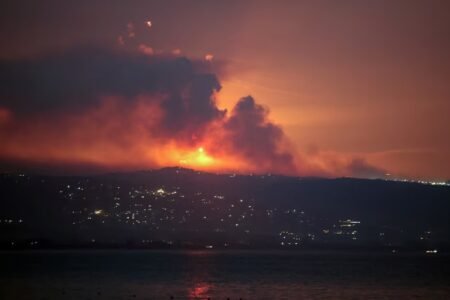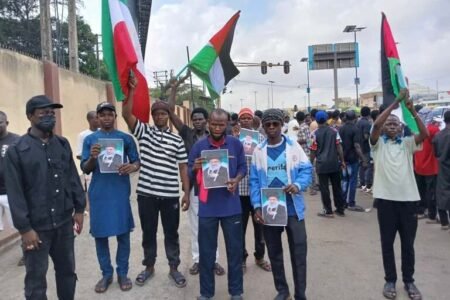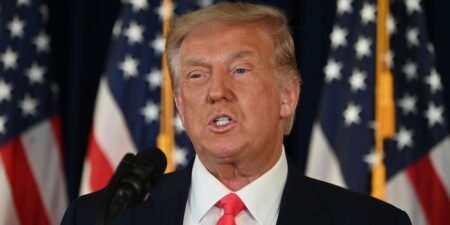The People’s Democratic Party (PDP) has promised not to give up, despite reports that more of its members are defecting to the ruling All Progressives Congress (APC) ahead of the 2027 elections.
Bruised but unbowed, the opposition party claims that recent political actions are part of a larger campaign to damage it. At the center of its defiance is Debo Ologunagba, the PDP’s National Publicity Secretary, whose steady tone and resolve have become rallying points in a turbulent season.
Reports that Enugu State Governor Peter Mbah and Bayelsa State Governor Douye Diri may soon defect to the APC have caused concern inside the PDP.
Though neither governor has officially acknowledged the rumors, widespread suspicion has sparked concern among the party.
“No amount of blackmail or harassment can silence the PDP. These defections are moves orchestrated by those who want to turn Nigeria into a one-party state,” Ologunagba declared.
His statements were not only a defense but also an act of defiance, a reminder that the PDP still stands strong despite mounting pressure.
“This is not the first time we have faced pressure. Each time, we have regrouped and come out stronger,” he said.
Activity has increased at the PDP Legacy House in Abuja, which serves as the secretariat for the National Convention Organizing Committee (NCOC).
Meetings of several convention subcommittees are well attended and engaged; passion is obvious, and conversations are hushed but serious.
Despite uncertainty over the rumored defections of Mbah and Diri, the message from the top is clear: hold the line.
“Talks about defections are distractions. Many of those alleged defections are driven by coercion, intimidation, and inducement, a hallmark of the APC’s style of politics.” Ologunagba told journalists at the party’s media center.
The PDP is reported to be quietly working on a new plan for 2027, one built on public trust and a clear message rather than old-style politics.
“Nigerians have not defected from hunger, insecurity, or hardship. They seek relief, and the PDP represents hope and prosperity based on our record of performance. The PDP is a party built to protect Nigeria’s diversity. That mission has not changed,” the spokesman added.
In Bayelsa State, rumors of Diri’s defection have been dismissed by his aides as ‘political fiction,’ though the whispers continue. Each rumor adds to the tension, leaving the grassroots uncertain about what comes next.
Ologunagba’s statements on the issue have carried a tone of conviction and hope, portraying him as the party’s moral anchor.
“You cannot destroy a party that belongs to the people. The PDP is not about individuals; it represents an idea, the idea of Nigeria itself,” he said.
For many party faithfuls, his words have rekindled belief in the party’s purpose.
His calm but forceful tone has fueled suspicions that the country is heading toward a one-party government.
Defections, however, have consequences. Each one weakens the structure, depletes resources, and lowers morale.
However, Ologunagba believes the PDP can transform its anguish into strength by reminding Nigerians that opposition is necessary for democracy.
“The 2027 election will not be about who holds power. It will be about who can rescue Nigeria’s democracy,” he said. His words carry both warning and promise, a reminder that politics is not just about who wins, but about what kind of country emerges after the contest.
“It’s on record that vice presidents and presidents have left this party before, but the PDP remains. That’s the message to Nigerians, that this is an institution built on ideals rooted in the people,” Ologunagba stressed.
